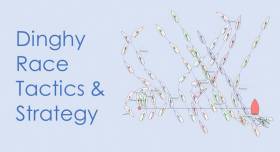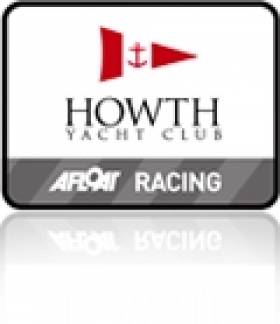Displaying items by tag: dinghy racing
Olympic Gold Medallist Dylan Fletcher Hosting Webinar on How to Prepare for a Dinghy Race
Sailmon’s ‘Sail Better’ series of webinars continues following America’s Cup winner Kyle Langford discussing the importance of setting goals with Dylan Fletcher hosting an hour-long how-to on preparing yourself for a dinghy race.
The multi-medal-winning sailor will give you all his insights on how to have one foot on the podium before the regatta even begins.
During the interactive Zoom session next Thursday afternoon 9 December at 2pm GMT, Dylan will emphasise the importance of focusing on the right things long before the gun.
The British Olympic gold medal winner at Tokyo 2020 will share his thoughts about boat preparation, weather conditions, strategy, tactics and more. A good performance during the race is essential, but a decent plan of action is more than important as well.
Moreover, Dylan will share how Sailmon’s MAX and the Sailmon app helped him win gold in the men’s 49er class at the Tokyo Olympics. Which data was the most useful and how did he analyse this data during the road to victory? Get an answer to these and all your other questions — register for the free Zoom webinar HERE.
In July, MarineServices.ie was announced as an official dealer for Sailmon in Ireland. Afloat.ie has more HERE.
Brush Up On Dinghy Racing Tactics & Strategy With The INSS
#INSS - The Irish National Sailing and Powerboat School (INSS) will host the first of its three-date series on dinghy racing tactics and strategy on Tuesday 3 April.
Multiple dinghy national champion and offshore helmsman Kenneth Rumball is holding this series of evening discussions to help dinghy sailors improve their race skills and awareness.
These evenings are specifically designed for dinghy sailors and will encourage attendees to ask specific questions on scenarios they have been in, and discuss the best solutions.
The three sessions will take place on Tuesday 3, Thursday 5 and Tuesday 10 April. Admission for all three, including complementary tea/coffee and course notes each evening, is €20.
Ten Good Reasons to Sail Lasers in Howth
1) This is the biggest series in Ireland, typically with over 50 entries
2) Howth welcome - great pre and post race social atmosphere in club.
3) Great Racing - Two short races per day, in open water just outside the harbour with committee boat starts. Great way to work on your helming and tactics over the winter.
4) Mix of competition - Sailors range from top 5 ranked sailors all the way through to beginners and casual racers. Ages range from 15-65.
5) Laser Round the Island and Lunch - A legendary, not to be missed end of season race, and party in March.
6) Great value - €4 per race, which covers the lunch in March also!
7) Free boat parking - entry fee also covers parking your boat in Howth the the full winter.
8) Dedicated race course - No other classes racing. Mix of windward leeward and triangle courses.
9) Full Rig, Radial and 4.7 fleets all supported
10) Friendly advice, guidance and help make it a great introduction to dinghy racing
Enter online at www.hyc.ie. For enquiries contact David Quinn 086 2835671































































